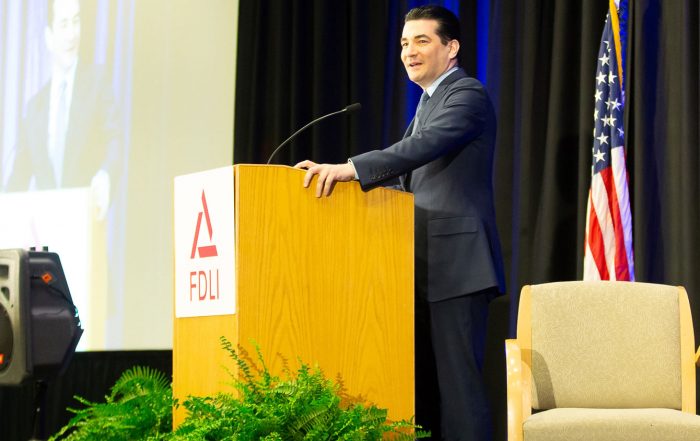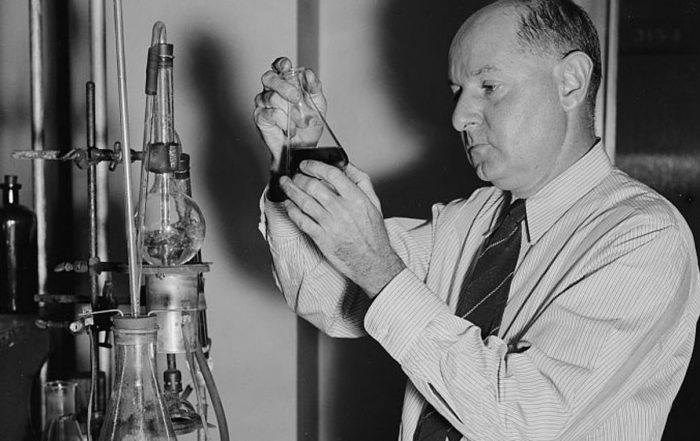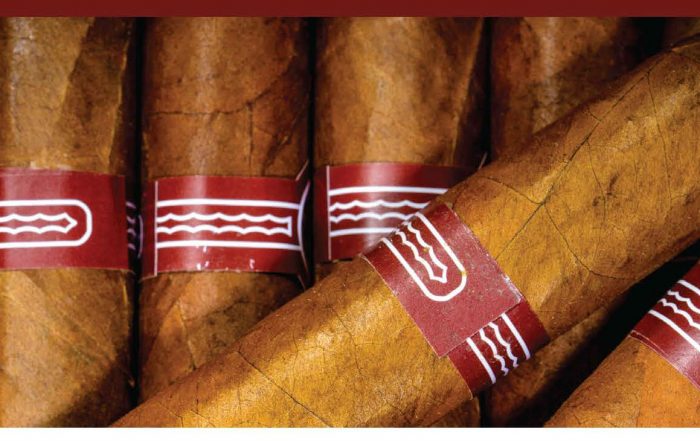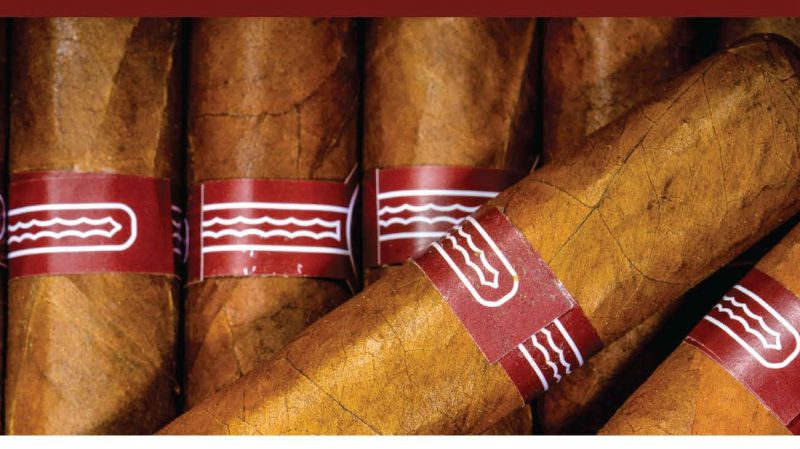
Spotlight on Tobacco
Case Note: Cigar Association of America v. FDA
by Barry Schaevitz and Beth Oliva
Updated July 27, 2018
As reported, on May 15, the court issued its Order in this case denying plaintiffs’ motion for summary judgment on the health warnings claims. Plaintiffs then filed a Notice of Appeal and a motion to stay the health warnings requirement pending a decision on the appeal. On July 5, 2018, Judge Mehta granted plaintiffs’ request to stay enforcement of the health warnings on cigars and pipe tobacco pending the appeal. As such, FDA is enjoined from enforcing the cigar and pipe tobacco warning requirements, which were set to go into effect on August 10, 2018, until 60 days after a decision on the appeal. Judge Mehta agreed with plaintiffs that the issues appealed presented “serious legal questions” related to the constitutionality of FDA’s warnings requirements. He also did not believe the industry should incur millions of dollars in compliance costs, which would not be recoverable, in the event the warning requirements are deemed to be unconstitutional. The court was influenced by a recent Supreme Court case dealing with compelled governmental disclosures, which emphasized that disclosure be no broader than necessary (See National Institute of Family and Life Advocates v. Becerra, No. 16-1140, 2018 WL 3116336 (U.S. June 26, 2018). Judge Mehta noted that, as there was likelihood of irreparable harm, the balance of equities and the public interest all strongly favored granting this temporary relief. We reported previously that a similar case challenging health warnings on First Amendment grounds was pending in federal court in Texas. On July 2, 2018, without ruling on the summary judgement motion before her, Judge Kimberly Priest-Johnson ordered that the Texas case, En Fuego Tobacco Shop LLC et al. v. U.S. Food and Drug Administration (Case No. 4:18-cv-00028), be transferred to the court in Washington, D.C. to be consolidated with this case. The DC Circuit Court of Appeals has not yet set a briefing schedule in the Cigar Association case.
Original article posted June 22, 2018
In May 2016, FDA asserted jurisdiction over cigars, pipe tobacco, e-cigarettes and all other previously unregulated tobacco products. Numerous lawsuits followed. One, filed in federal court in Washington, DC, was brought by the cigar industry’s three trade associations. Cigar Association of America, et al. v. U.S. Food and Drug Administration, et al. (Case No. 1:16-cv-01460 (APM)). It challenged most aspects of the final rule on various grounds, including that FDA completely failed to justify the enormous financial burdens it sought to place on the industry, that the proposed health warnings—greatly increasing the size of warnings currently used by much of the industry—represented an unconstitutional restriction on speech, and that FDA’s “one size fits all” regulatory approach is arbitrary and capricious and ignores congressional intent. 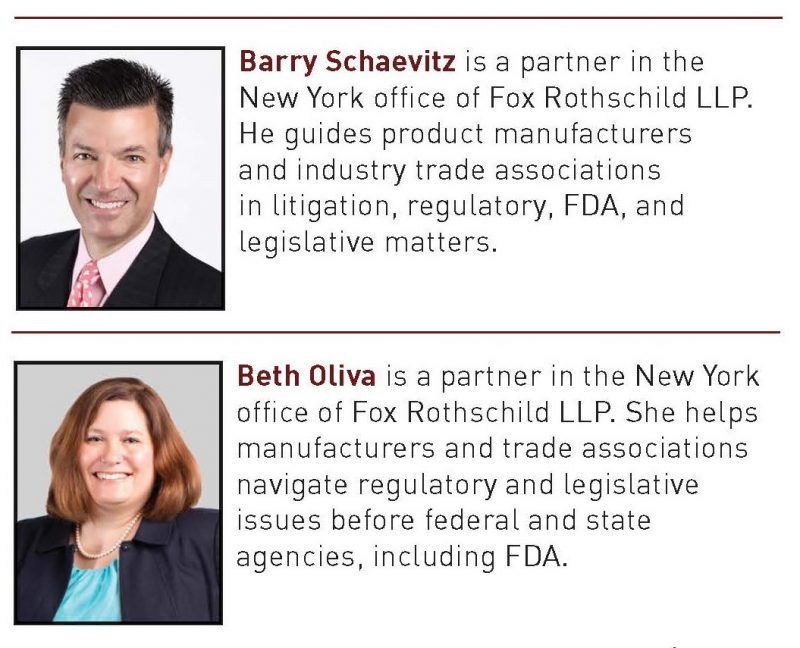
The three trade associations—the Cigar Association of America, Inc. (CAA), the International Premium Cigar and Pipe Tobacco Retailers Association (IPCPR), and the Cigar Rights of America (CRA)—filed their Complaint on July 15, 2016. The Complaint contained nine counts, and was a broad challenge to nearly every part of the final rule as applied to cigars and pipe tobacco. The first count challenged the agency’s decision to apply the February 15, 2007 predicate date (the predicate date used for cigarettes) to cigar and pipe tobacco products as arbitrary and capricious. The count details how using this same predicate date for all products impermissibly favors the originally regulated products (i.e., cigarettes). Further, it challenged the substantial equivalence (SE) provisions of the Final Rule, especially the so-called “sunset provision.” While FDA allowed cigarettes for which SE reports were timely filed to stay on the market indefinitely until the agency made a decision on the SE report, it proposed that newly deemed products would be subject to removal one year after an SE report was filed—even if the delay in a decision was not the fault of the manufacturer. On this issue, FDA wasn’t merely using a “one size fits all” approach—it actually gave preferential treatment to those products Congress determined in 2009 to be in need of immediate regulation. Finally, the count alleged that FDA had failed to provide clarity on exactly what would be included in a cigar SE report.
The second count challenged FDA’s imposition of the user fees. The final rule deemed e-cigarettes subject to regulation but did not impose a user fee obligation on them. Doing so, the complaint alleged, converts the “user fee” obligations of the six classes of tobacco products paying user fees (cigarettes, chewing tobacco, snuff, cigars, pipe tobacco, and roll-your-own tobacco) into a tax. The third count challenged the imposition of the user fees as violations of both due process and equal protection.
The fourth count alleged that FDA violated the Regulatory Flexibility Act and the Unfunded Mandates Reform Act of 1995 by failing to carry out a proper cost-benefit analysis. The fifth count challenged FDA’s decision to reject the so-called “Option Two” in the proposed rule. “Option Two” would have regulated all products except premium cigars, and the fifth count alleges FDA’s decision to reject Option Two was arbitrary and capricious.
The sixth and seventh counts challenged FDA’s imposition of health warning labels on cigars as arbitrary and capricious for not analyzing whether the proposed FDA warnings (30% of the two principal display panels of packages and 20% of all advertisements) were more effective than the warnings the majority of the cigar industry already used under a Consent Decree with the Federal Trade Commission (FTC). Further, these counts alleged the warning label requirements violate the First Amendment and impermissibly restrict free speech.
Finally, the eighth and ninth counts alleged that FDA’s decision to classify as “manufacturers” (i) pipe tobacco retailers who blend (combine) two or more pipe tobaccos and (ii) cigar retailers who create cigar “samplers” was arbitrary and capricious, contrary to law and exceeded FDA’s regulatory authority. These counts also alleged that FDA’s decision to classify and therefore regulate pipes themselves as “tobacco products” was also arbitrary and capricious and not according to law.
Plaintiffs filed a summary judgment motion on all nine counts in February 2017. Rather than immediately oppose the motion, however, FDA instead extended all compliance dates by three months, stating “[t]his extension will allow new leadership at the FDA and the Department of Health and Human Services additional time to more fully consider issues raised by the final rule that are now the subject of multiple lawsuits in federal court.”2 The briefing schedule was extended accordingly.
On July 28, 2017, FDA announced a “comprehensive plan for tobacco and nicotine regulation.” Among other things, the announcement included extensions of certain compliance deadlines. The agency extended the deadline for SE reports from May 2018 until August 2021; it failed, however, to extend the health warning deadline past August 2018. The agency also announced that (i) similar to the policy for cigarettes, it would exercise “enforcement discretion” to allow cigars for which SE reports had been timely filed to be sold until FDA made a decision on the report; (ii) it would publish an Advance Notice of Proposed Rulemaking (ANPRM) regarding “whether and how to regulate premium cigars; and (iii) would engage in a rulemaking on format and content of SE reports.”3
In light of this announcement, plaintiffs withdrew the pending summary judgment motion and agreed to stay counts one, four and five of the Complaint.4 In October 2017, plaintiffs filed a new motion for partial summary judgment, accompanied by a motion for a preliminary injunction on the health warnings requirements. The motions were fully briefed by December 4, 2017, and Judge Amit P. Mehta heard oral argument on December 14, 2017.
The argument lasted nearly three hours, with the bulk of the time devoted to the issue of health warnings. Judge Mehta questioned both sides as to whether under the First Amendment challenge a Central Hudson standard or a Zauderer standard should be used. Plaintiffs argued that under either standard, the size and placement of the health warnings violate plaintiffs’ First Amendment rights. As noted above, the majority of the cigar industry already places warnings on packages and advertisements pursuant to a Consent Decree with the FTC. Plaintiffs argued that FDA had failed to show that the FTC warnings, which have been used for the past 17 years, were inadequate to communicate to consumers the potential health risks of cigar smoking. In addition, plaintiffs argued that the government had entirely failed to demonstrate the larger warnings outlined in the Final Rule would better communicate these potential health risks to consumers. The government argued that it has a legitimate interest in educating consumers of the health effects of cigars, and that the size and placement of the warnings as outlined in the final rule are not unduly burdensome on manufacturers.
Judge Mehta noted FDA’s announcement that it planned to publish an ANPRM on “whether and how to regulate premium cigars.”5 He questioned the Government regarding what the ANPRM would contain, and whether FDA was going to reconsider the issue of health warnings on premium cigars. Significantly, he said that agencies are supposed to “have their ducks in a row” before issuing a Final Rule, and questioned whether the government was asking him to uphold a rule that FDA may be reconsidering—specifically, whether he would be compelling companies to spend millions of dollars on warnings the agency may later decide would not be required. He then asked if there is a legal framework for him to rule on the health warnings issue only with respect to premium cigars. Plaintiffs responded that in order to avoid judicial rulemaking, he would have to vacate the entire warnings provision of the Final Rule. The Government added that the court would need to define premium cigar, something it does not have the power to do.
Following health warnings, Judge Mehta heard arguments on the user fee issues and the two issues relating to pipes. On user fees the argument centered on whether FDA’s determination that it could not impose user fees on e-cigarettes was arbitrary and capricious. Plaintiffs argued that by regulating e-cigarettes, but not assessing user fees on them, makes the user fees the other categories pay a tax. The Government argued that it was constrained by the unambiguous language of the Tobacco Control Act as to what categories of tobacco products would be assessed user fees. Regarding pipes, on the first issue, whether “blending” of finished pipe tobaccos by retailers constitutes manufacturing activity, plaintiffs argued that FDA was reading the statue inappropriately as to whether this constitutes manufacturing activity. The Government responded that any “repackaging” or “relabeling” activity was manufacturing activity under the Tobacco Control Act, and therefore “blending” is manufacturing. The second issue relating to pipes was whether FDA’s decision to treat pipes as components of pipe tobacco, thereby subject to regulation as a “tobacco product,” as opposed to accessories, was arbitrary and capricious. Plaintiffs argued that pipes should be treated as accessories, and therefore not regulated, whereas the government defended the decision to regulate them as components as pipes meet the definition in the Final Rule for a component, and not an accessory.
On March 26, 2018, FDA published the ANPRM regarding premium cigars. Among other items, the ANPRM requested “[s]tudies or information on the required warning statements” and comments “on whether any additional or alternative warning statements would be appropriate.” Comments in response to the ANPRM were due June 25.
The court issued an Opinion and Order on May 15, holding (i) the health warnings comport with the Tobacco Control Act and the Administrative Procedure Act (APA), and do not violate the First Amendment; (ii) that the user fee rule is upheld in its entirety; (iii) the process by which FDA designated retailers who blend pipe tobacco in-store to be manufacturers violates the APA, and remanding the issue for further consideration; and (iv) that the agency’s designation of pipes as “components” of a tobacco product does not violate the APA.
While the court upheld the health warnings requirements, Judge Mehta said “the court cannot let pass without comment…a grossly unfair exercise of agency authority.” Specifically regarding the ANPRM, the court stated that “[r]equiring the premium cigar industry to incur substantial compliance costs while the agency comprehensively reassesses the wisdom of regulation, before the warnings requirements go into effect, smacks of basic unfairness.” The court concluded, however, that despite “displeasure with the FDA’s handling of the status of premium cigars…the court can do no more. Its hands are tied by both the law and the posture of the case.” As to legal matters, the court held that FDA can “reconsider the wisdom of a regulation,” and that the agency’s decision to “re-analyze the status of premium cigars” is not “evidence of prior arbitrary and capricious rulemaking.” Regarding case posture, the court held that, while the agency had stayed other deadlines and possessed the authority to extend the health warnings deadline, it did not do so, and plaintiffs did not challenge FDA’s failure to do so. “In the end,” Judge Mehta wrote, “even if fundamental fairness strongly favors a stay for premium cigars during the just-initiated rulemaking process, regrettably neither the law nor the posture of this case allows for such judicial relief.”
In a separate case focused on premium cigars (En Fuego Tobacco Shop LLC et al. v. U.S. Food and Drug Administration (Case No. 4:18-cv-00028)), filed in federal court in the Eastern District of Texas, the court rejected an effort by the government to transfer the case to the court in Washington, DC hearing the Cigar Association matter. Plaintiffs have pending a motion for partial summary judgment challenging the health warnings provisions, and the court has set a hearing for June 26.
Absent further developments in either the Washington DC or Texas actions, the cigar health warnings requirements remain set to become effective August 10.
- Deeming Tobacco Products to be Subject to the Federal Food, Drug, and Cosmetic Act, as Amended by the Family Smoking Prevention and Tobacco Control Act; Restrictions on the Sale and Distribution of Tobacco Products and Required Warning Statements for Tobacco Products. 81 Fed. Reg. 28,974 (May 10, 2016) (the Final Rule).
- May 2017: Web Statement available at https://www.fda.gov/TobaccoProducts/NewsEvents/ucm556562.htm.
- FDA also announced that it would be publishing two additional Advance Notices of Proposed Rulemaking—one for the nicotine content in cigarettes, and one to collect scientific literature on flavors in tobacco products. Further, FDA also announced the Premarket Tobacco Product Application deadline for e-cigarettes would be extended until 2022.
- Depending on future developments regarding, among other things, SE report requirements, plaintiffs may renew these claims.
- By the time of the December 14, 2017 hearing, FDA had sent the ANPRM on premium cigars to the Office of Management and Budget for its review. The Regulatory Abstract for the ANPRM stated that “FDA is aware that there is still interest in exempting these products from regulation or regulating them in a different manner from other cigars and, therefore, intends to issue an advance notice of proposed rulemaking requesting scientific information that might support such an action.” https://www.reginfo.gov/public/do/eAgendaViewRule?pubId=201710&RIN=0910-AH88.
Programs
Update Magazine
June/July 2018




